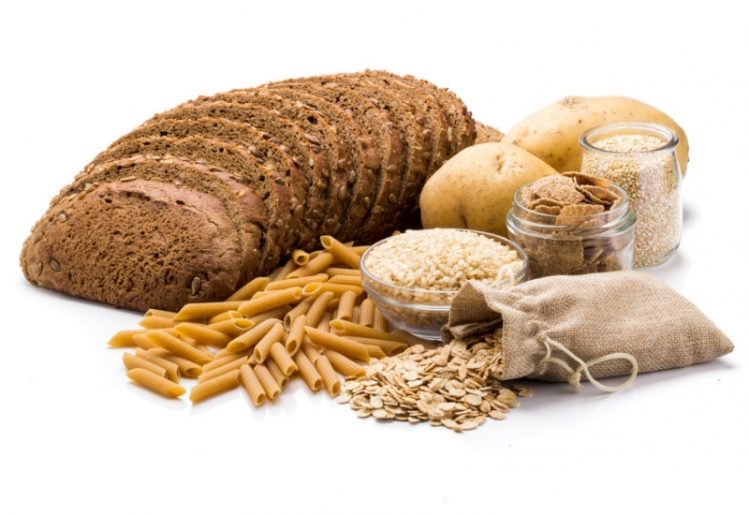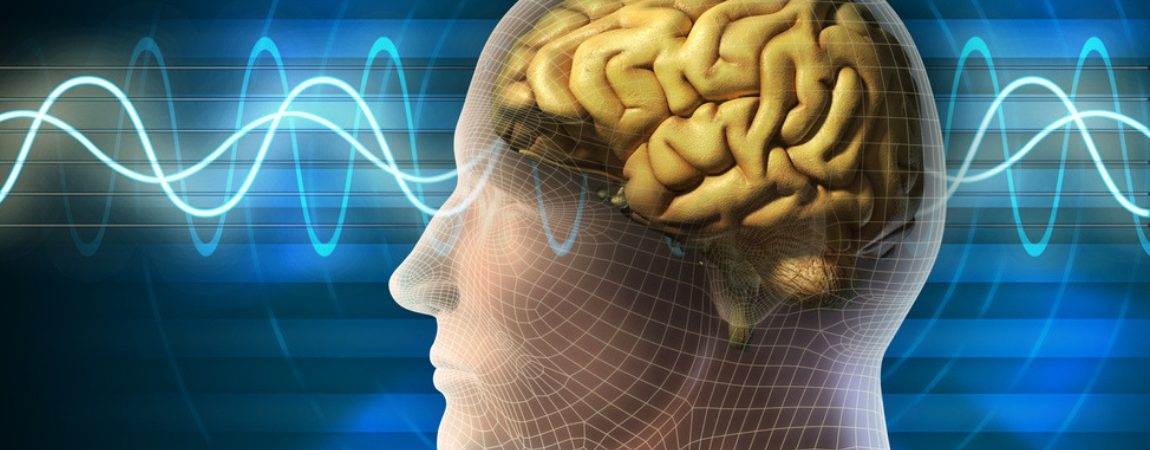How Your Diet Affects Sleep and Mental Health
The National Sleep Foundation estimates that roughly 40 percent of Americans experience some difficulty sleeping each year. In addition to affecting physical conditions, such as heart health and diabetes, a lack of sufficient sleep is also known to affect mental health, instigating depression and anxiety. In new studies, a focus on nutrition has suggested that diet affects sleep and mental health in some important ways.
New Research Finds That Diet Affects Sleep
 In a recent study, conducted at New York's Columbia University, it was found that refined carbohydrates contributed toward insomnia in women aged 50 and over. Insomnia was especially common when the refined carbohydrates had high sugar content.
In a recent study, conducted at New York's Columbia University, it was found that refined carbohydrates contributed toward insomnia in women aged 50 and over. Insomnia was especially common when the refined carbohydrates had high sugar content.
The 53,069 subjects participating in the study were all women, aged 50 through 79 and had all experienced some degree of insomnia. The researchers examined how they experienced insomnia and compared the episodes to the quality of their diets.
In short, they found that the women were more likely to have difficulty getting quality sleep when they ate more refined carbs. In particular, white rice, white bread and added sugars interfered with their sleep cycles. Those who drank more soda on a daily basis also suffered from insomnia more frequently.
The researchers believe the mechanism behind this relationship between refined carbs and sleeplessness has to do with a spike in blood sugar levels. As the carbs that are consumed increase the level of sugar in the blood, insulin is released to move that sugar into the cells for consumption. As a result of the sudden drop in blood sugar levels, hormones like cortisol and adrenaline are released. These hormones interfere with the sleep cycle, preventing the individual from falling asleep, or staying asleep.
Nutrition and Mental Health
In another recent study, researchers looked at how dietary choices affect mental health. We already know that the quality of our diet affects mood by determining the health of the bacteria in our guts, the hormones our bodies release and the neurotransmitters in our brains. In this recent study, researchers hoped to pinpoint more specific ways in which diet affects mental health and the risk of mental illnesses.
The study, which was conducted at Sweden's University of Gothenburg, found that a diet poor in nutrients was linked to a worsening of mood disorders. Specifically, depression and anxiety grew more severe in individuals who weren't getting a sufficient supply of vitamins and nutrients through their dietary choices.
The study also revealed that a Mediterranean diet appeared to be the best for ensuring mental health is protected. One important way this type of diet benefits people is by protecting against vitamin B-12 deficiency. Vitamin B-12 deficiency can cause a number of adverse effects, such as fatigue, problems with memory recall and lethargy. Prolonged B-12 deficiencies can also contribute to the development of psychosis and manic episodes. Vitamin B-12 is commonly found in beef, sardines, tuna and trout.
Your level of vitamin D is also an important concern, especially for older adults. If you're not getting enough sunlight each day, it's likely that you have a deficiency, since the sun is the primary source of vitamin D. Increasing your exposure to the sun, or taking vitamin D supplements, can help you improve cognitive functioning by enhancing memory, attention and concentration. It can also reduce the depressive episodes an individual is likely to experience.
While both studies indicate that nutrition does play an important role in how well we sleep and in our mental health, more research is needed. Future studies can help confirm links between refined carbs and insomnia, while other research can help verify whether a plant-heavy diet will provide the brain with the nutrients it needs to operate more efficiently. In the meantime, reducing your intake of refined carbs while making more nutritious food choices can only help you.
Tips for Cutting Back on Carbs and Increasing Nutrient Intake
Ditch the Soft Drinks
 You should avoid sugary drinks as much as possible, because these are the worst culprits for added sugar and refined carbs. There are 38 grams of carbs in a 12-ounce can of soda, while sweetened iced tea contains up to 36 grams. Switching to unsweetened beverages is easier when you add some lemon or lime to the mixture.
You should avoid sugary drinks as much as possible, because these are the worst culprits for added sugar and refined carbs. There are 38 grams of carbs in a 12-ounce can of soda, while sweetened iced tea contains up to 36 grams. Switching to unsweetened beverages is easier when you add some lemon or lime to the mixture.
Choose Bread Wisely
White bread is another major source of carbs, so you should try to eliminate it completely from your home. Instead, choose rye or whole grain breads as a healthier option. Even when you do switch to whole grains, be aware that they still contain a fair amount of carbs, so eat these products sparingly.
Take a Daily Supplement
In addition to eliminating poor dietary choices, you will also want to ensure your body is getting a full range of vitamins and nutrients. Supplements like Vitachron offer a broad selection of vitamins and minerals in a single dose, helping you to balance out the nutrients you get from your healthier diet. This can help you meet your nutritional requirements every day, even when you splurge on the weekend.
Choose By Color
When you go shopping, try to pick up fruits and vegetables according to their colors and get as many different colors as possible. This will help you maximize the number of vitamins and nutrients you're naturally consuming. It will also help you enjoy variety without resorting to unhealthy foods.





